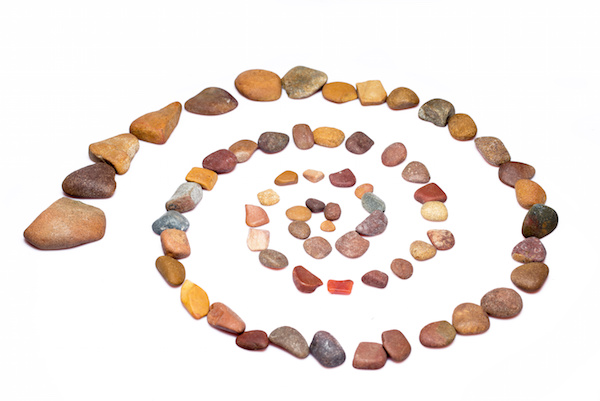
THURSDAY, Aug. 23 (HealthDay News) — Having a wide circle of friends helps middle-aged men and women have a greater sense of well-being, according to new research.
A network of relatives is also important, they found, but only for men.
Study author Dr. Noriko Cable, a senior research fellow at the University College London, is not talking about Facebook-type friends. “Having more friends with whom we actually meet is important to our mental health,” Cable said. “Not having friends at all is bad for our mental health. We need to treasure friends that we have.”
The study, based on more than 6,500 British people born in 1958 and followed up at midlife, is published online Aug. 22 in the Journal of Epidemiology and Community Health.
The men and women were participants in the National Child Development Study, an ongoing study based in Great Britain. The information about friends, family and well-being was collected when the men and women were 42, 45 and 50 years old.
They told Cable and colleagues how many friends and relatives they met up with once a month or more. The researchers assessed their mental health at age 42, then asked them about their well-being at age 50, along with information on friends and family contacts.
One in seven said they had no contact with relatives besides their immediate family. About one in 10 said they had no friends.
However, four of 10 men and about one in three women said they had more than six friends whom they saw regularly.
Those numbers counted, Cable found. Compared to those who had 10 or more regular contacts, having fewer at age 45 was linked with poorer sense of well-being for both men and women.
The size of the relative network also influenced well-being, with larger networks boosting well-being, but this only held for men.
Not having a partner and staying in school after age 16 was linked with a smaller network of relatives later, Cable found.
Exactly why women’s lack of relative contacts didn’t affect their well-being wasn’t examined in the study, Cable said.
However, she said, ”it has been said that women are less likely to draw psychological resource out of their kinship.” Relatives often put pressure on women, she said, ”whereas friends are more likely to support women’s own choices.”
The findings square with previous research, said Dr. Lydia Li, an associate professor of social work at the University of Michigan, Ann Arbor, who has studied social interaction and well-being.
The finding about family contacts being more important for men than women makes perfect sense to her. “While larger kinship network should have positive effects for both men and women, the traditional role of women as support providers in kinship, which is obligatory in nature, may lead to their personal resources [being] more depleted,” she said.
To rule out the possibility that the people with no friends or family contacts were ill-adjusted to begin with, Cable took into account the mental health status of the men and women at age 42.
She found a link between the friendship and family networks and well-being, but not a cause-and-effect.
Advice for midlife men and women? Cable said her research shows that friends are important for both men and women to boost well-being at midlife, but that men should pay close attention also to their family contacts.
“Middle-aged people often have to cope with multiple demands and have limited time for themselves,” Li said. “But it is worthwhile to spare time and effort to expand and nurture relationships. For women in particular, friendship is a good investment.”
More information
To learn about work friendships, visit the American Psychological Association.

